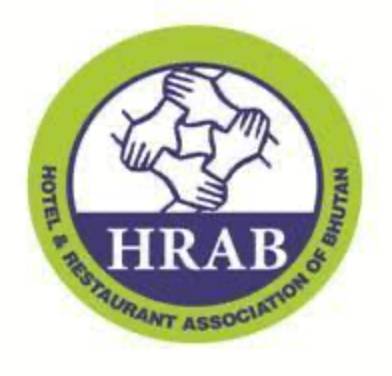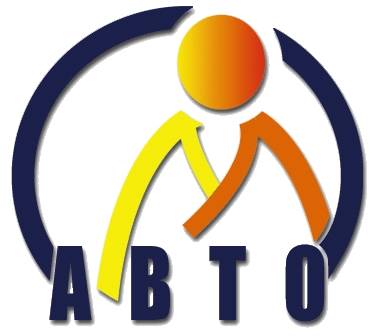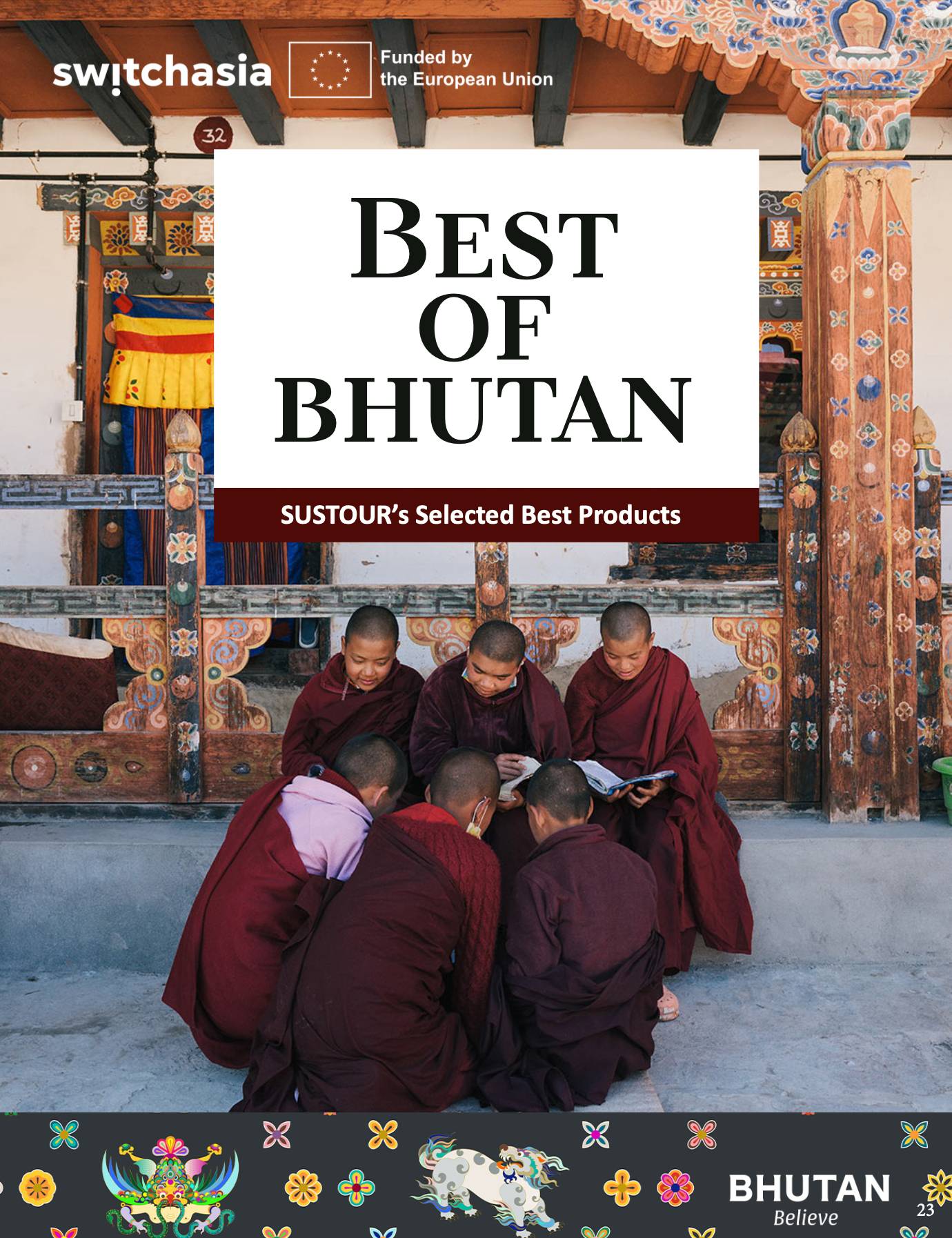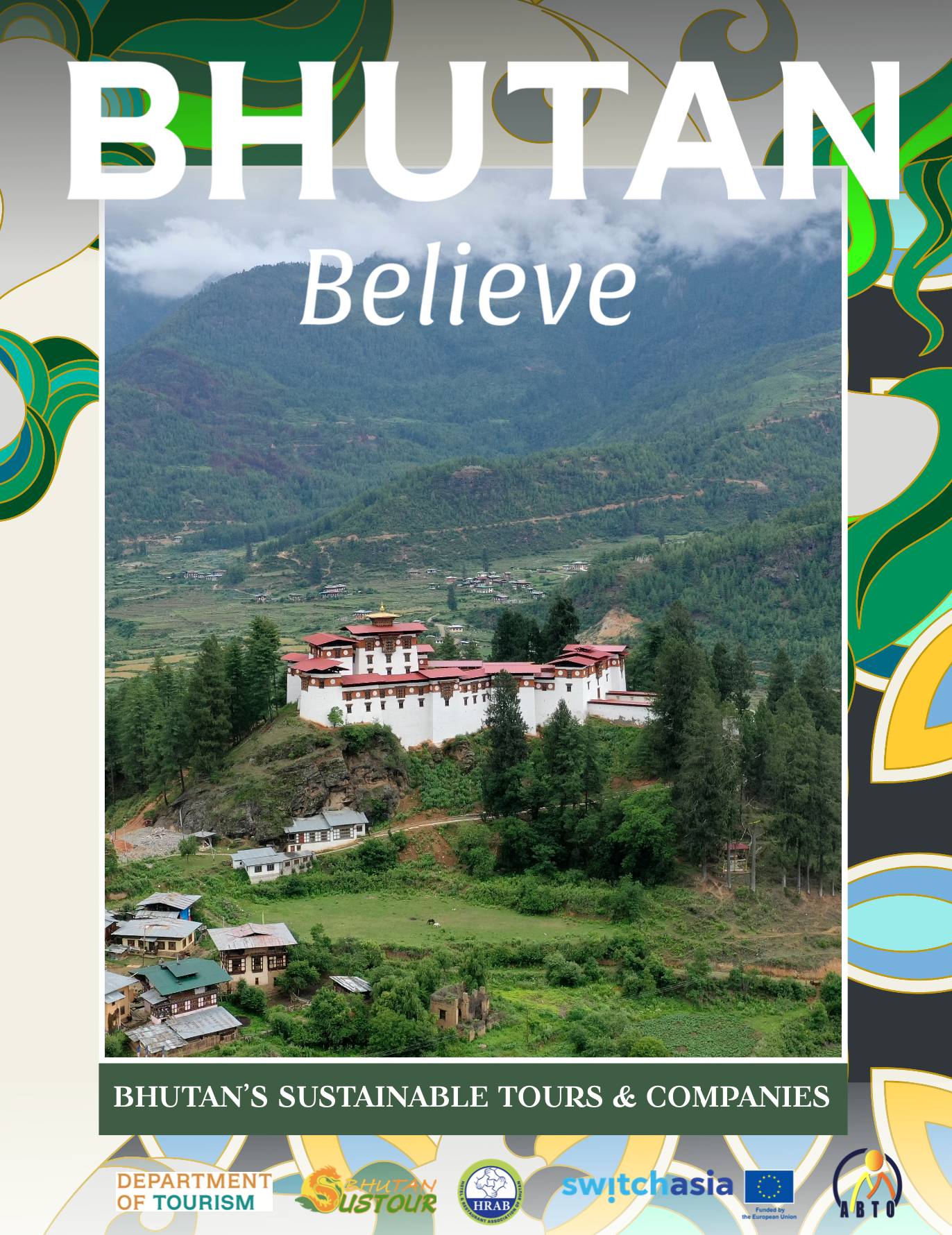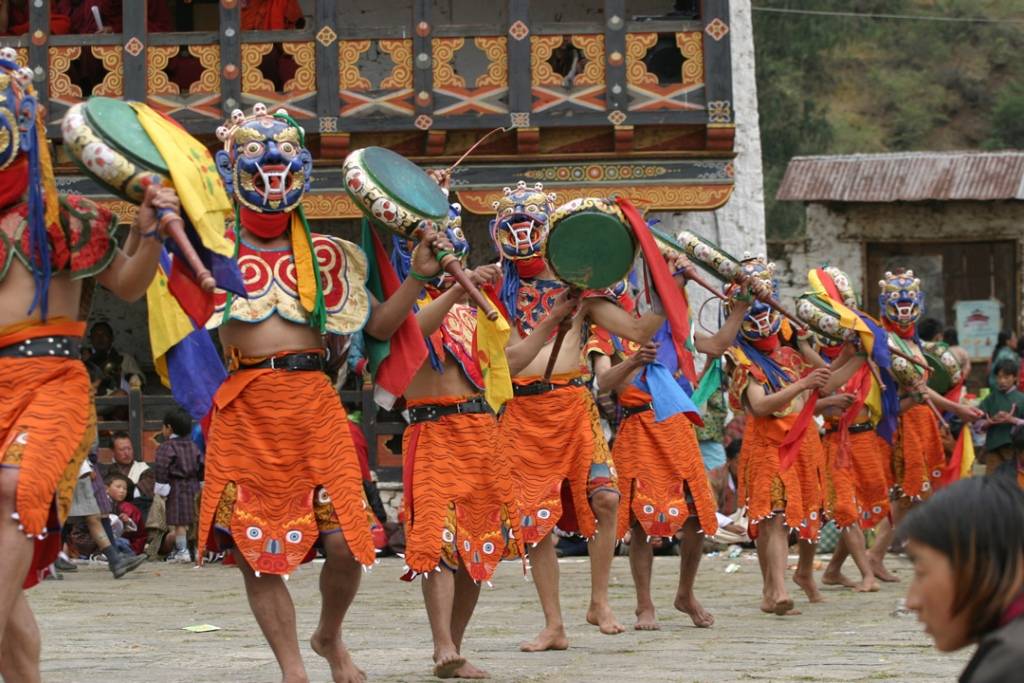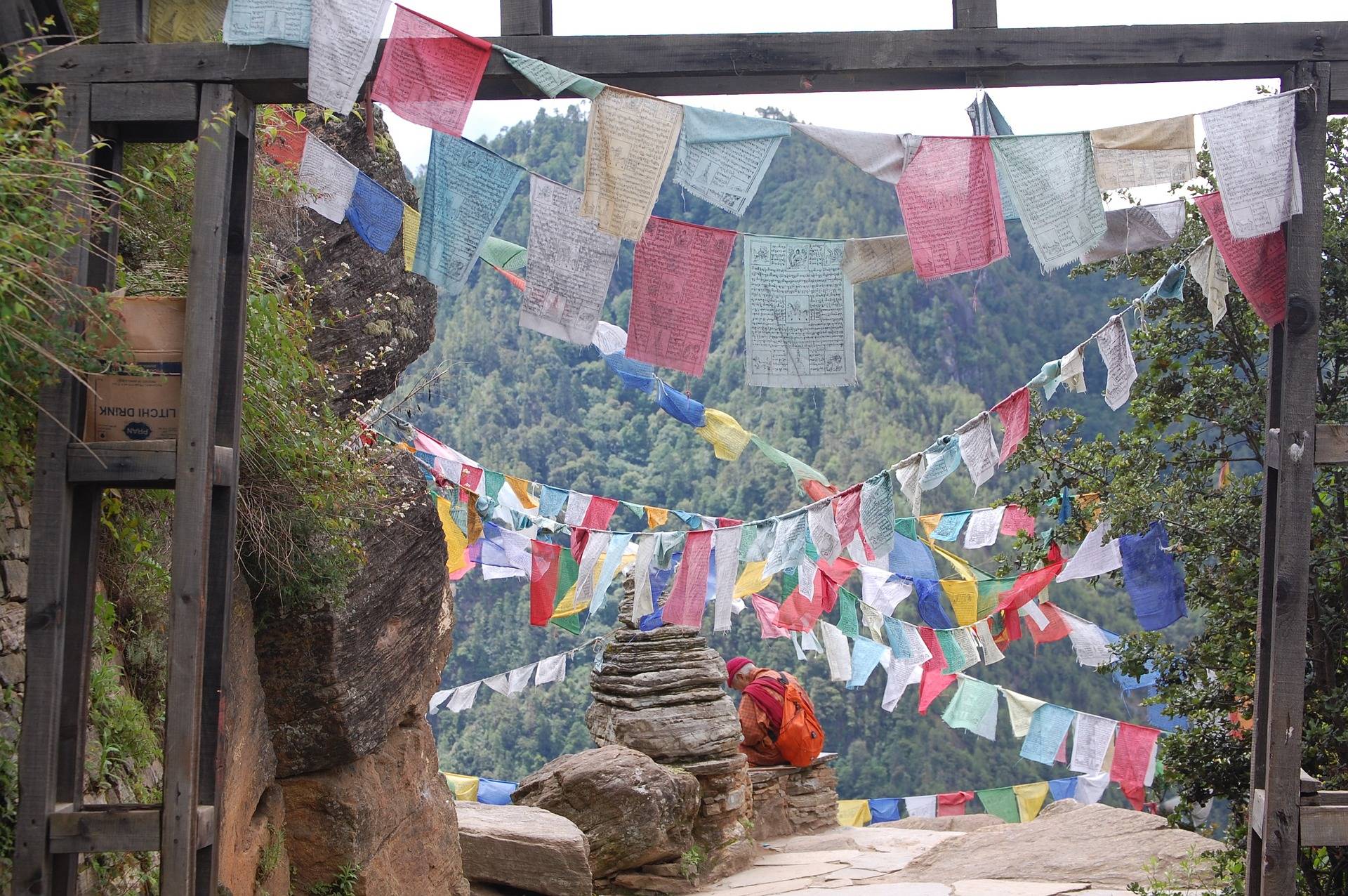
The Challenge
The tourism sector is a priority of Bhutan’s 12th Five Year Plan (2018-2023). A sustainable tourism sector is strongly dependent on behaviour and operations of actors in the destinations visited as well as tour operators from visitors’ countries. Products and services from sectors such as transport, agri-food processing, energy, waste management and trade need to be available for the tourism sector to function sustainably.
The project works in three pilot destinations in partnership with local tourism development committees to green the local suppliers and to foster sustainable destination management. A wide range of MSMEs in the tourism sector is targeted, covering several Bhutanese SCP priorities including energy efficiency and waste management. The project works at all levels of the value chain with the Bhutanese tour operators as the central actors. They will be the prime focus of capacity building and implementation. This is in line with the Bhutanese policy that all dollar-paying visitors have to be routed through local tour operators. More than 500 suppliers of tour operators are trained and supported to implement and comply to relevant standards. A pilot destination approach allows for optimizing and the replicating approaches. A Green Financing Scheme supports businesses in taking up these practices. The project forges partnerships with EU and Asia travel associations and tour operators. It also supports the development of a supportive policy environment and the integration the developed standards into Bhutan and South Asian policies. Further, the project promotes child rights, gender awareness and waste management (e.g. plastics) among tourism MSMEs and local communities.
The Objectives
The project promotes sustainable destination management using a business-led approach, working closely with tourism MSMEs, consumers and host communities as well as policy stakeholders and enablers. More specifically:
- It supports the capacity of Bhutan travel associations to provide relevant and effective services;
- Bhutan-specific standards, tools, trainings and local SCP support capacity are built so that stakeholders can engage with producers, retailers and consumers;
- Bhutan tour operators are enabled to work with their suppliers in a proven sustainable supply chain approach.
The Way Forward
- Higher capacity of Bhutan travel associations to provide relevant and effective services for improved SCP practices.
- Bhutan tour operators committed and able to work with their suppliers in a proven sustainable supply chain approach.
- Suppliers of tour operators are trained and supported to implement and comply to relevant standards.
- Strengthening linkages with other sectors, following a (pilot) destination approach in three regions.
- Establishing an enabling financial environment by creating a Green Financing Scheme.
- Integrating sustainable consumption practices of proven sustainable suppliers and tour operators into the South Asia-EU value chain in close partnership with EU travel associations and tour operators.
- Supporting the development of a supportive policy environment and integration the developed standards into Bhutan and South Asian policies and sharing experiences with other South Asian countries.
Relation to European Green Deal, Circular Economy and Climate Change
The project addresses sustainable development as a key EU priority, which is based on balanced economic growth and price stability, a highly competitive market economy with full employment and social progress, and environmental protection. Further, it will foster circular manufacturing practices in line with the EU’s upcoming extension of the Action Plan for the Circular Economy by introducing zero waste techniques in Ikat manufacturing. It is further in line with the EU’s and the Green Deals ambitious plan to boost climate neutrality, for instance by promoting sustainable consumption and production techniques globally.
Duration:
2020-30 June 2025Total Budget:
EUR 1.302.895 (EU contribution: 90 %)Lead Partners
Partners
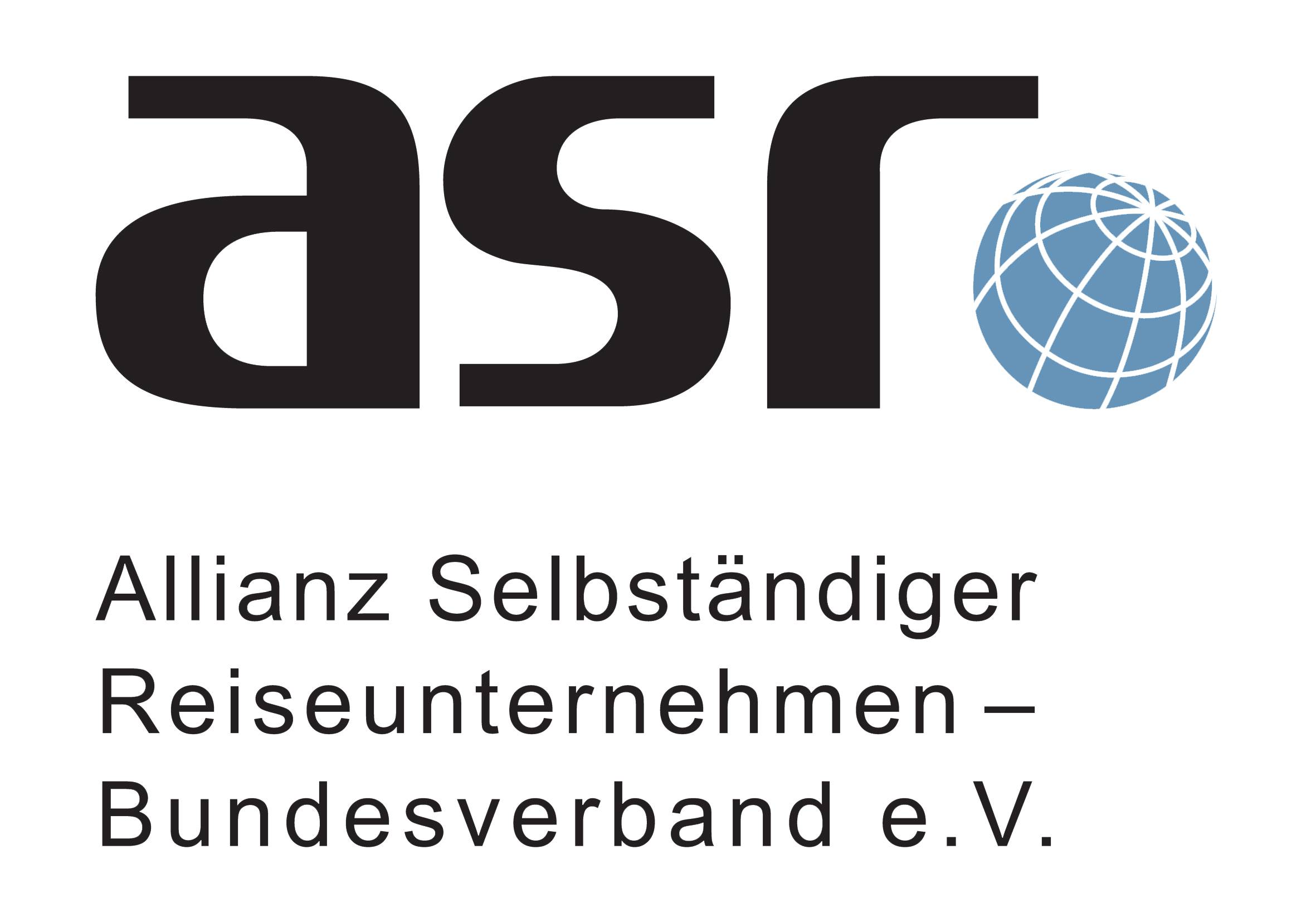
Allianz Selbständiger Reiseunternehmen (ASR)
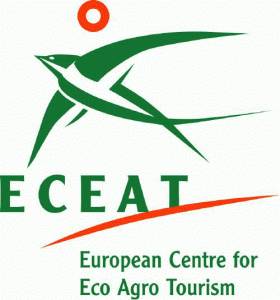
European Centre for Eco and Agro Tourism (ECEAT)
